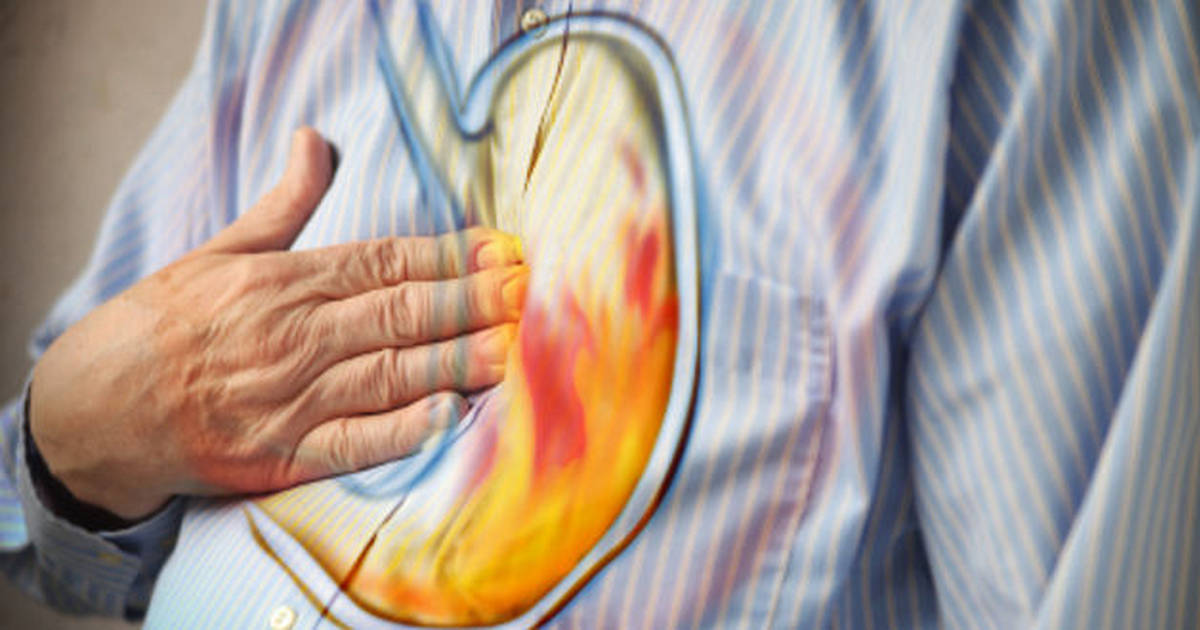What Causes Odynophagia?
Odynophagia is a condition in which it is painful for an individual to swallow. Odynophagia patients can experience painful sensations in any part of the mouth, throat, or esophagus. A diagnosis of odynophagia usually involves diagnosing its underlying cause as well, which must be identified for the correct treatment to be prescribed. There are many different causes of odynophagia, and they range in severity. It is important for the patient to describe to the doctor how long the pain has been going on, where the pain is located and whether it gets worse with eating or drinking.
Gastroesophageal Reflux Disease

Gastroesophageal reflux disease is commonly known as GERD. It is also often referred to simply as 'acid reflux,' although occasional episodes of acid reflux do not necessarily indicate its presence. Acid reflux is a condition in which acid from the stomach comes up into the esophagus. This can damage the esophagus and cause odynophagia. The cause is often a problem with the function of the sphincter between the stomach and esophagus. Risk factors for developing gastroesophageal reflux disease include being overweight, smoking, being pregnant, and being too stressed out. It is very common, affecting up to twenty percent of the United States population.
A variety of tests can be used to diagnose GERD, including esophageal pH monitoring, upper GI endoscopy, and esophageal manometry. Gastroesophageal reflux disease is usually treated with medications, but surgery may be needed in severe cases. Dietary changes can also help tremendously. It is generally recommended for GERD patients to avoid overeating and consuming spicy or acidic foods.
Ulcers

Many individuals get ulcers in the throat or esophagus. These sores can cause pain when swallowing because food or drink aggravates them. Some potential causes of ulcers are gastroesophageal reflux disease and the chronic use of anti-inflammatory medications. Cancer treatments, infections, and certain chronic diseases can also cause them. They are diagnosed with a variety of tests, including barium swallow, esophageal endoscopy, laryngoscopy, and panendoscopy.
The good news is ulcers are very treatable. Treatment options depend on the cause of the ulcer. For example, if the problem is sensitivity to a particular type of food, the patient can make changes to their diet to correct the issue. Antibiotics or antifungal medications may be required if the cause of an ulcer is an infection. Pain relievers may be prescribed to help with odynophagia, and prescription mouthwashes can prevent the problem from recurring.
